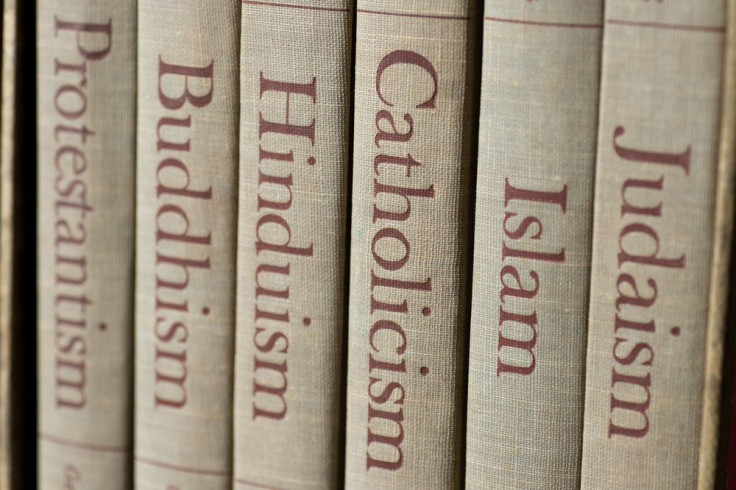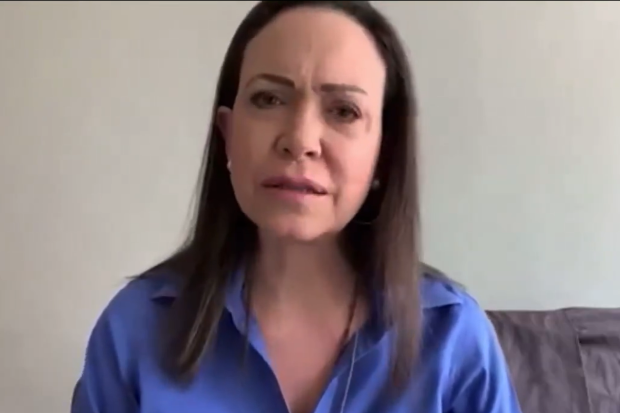
Catholicism has long been the dominant religion in the Hispanic/Latino community but has been seeing a steady decline over the years.
In Latin America — where there are over 425 million Catholics, where there is an Argentine pope, and where 84 percent of adults were raised Catholic — there has been a decline in practicing Catholics over the past century. According to the Pew Research Center, Latin America was 90 percent Catholic from 1900 through the 1960s and today the faith is only practiced by 69 percent of adults. According to Pew Research Center (PRC), roughly one-in-four Nicaraguans, one-in-five Brazilians and one-in-seven Venezuelans are former Catholics.
A similar drop has been seen in the Hispanic community living in the United States. Four years ago, a separate PRC study reported that two-thirds (67 percent) of the U.S. Hispanics/Latinos identified as Catholic, but that value has seen a significant drop as a more recent survey has revealed that only 55 percent (19.6 million of the estimated 35.4 million) are Catholic. The survey (conducted May 24-July 28, 2013) concludes that since one in four Hispanics/Latinos are former Catholics, "a day could come when a majority of Catholics in the United States will be Hispanic, even though the majority of Hispanics might no longer be Catholic."
Why are they no longer Catholic? The PRC points out that many Catholics are "switching" to Protestant churches -- evangelical and Pentecostal churches, in particular -- and there has been a rise of young Hispanics who are opting for no religion affiliation. Specifically, the pollsters have discovered that 22 percent of Hispanics are Protestants and 18 percent are religiously unaffiliated.
"Today, fewer than half of Hispanics under age 30 are Catholic (45 percent), compared with about two-thirds of those ages 50 and older (64 percent)," the study's authors wrote. "At the same time, Catholics under age 50 are much more likely to be Hispanic than those ages 50 and older (44 percent vs. 21 percent)."
The pattern of loss seen with the Catholic church can be seen reversed in the pattern of gain in the Protestant church and those who are unaffiliated with a faith. For instance, a mere 9 percent of Latin Americans were raised in a Protestant church, but now one-in-five describe themselves to be Protestants. Similarly, four percent of Latin Americans were raised unaffiliated with a religion, but 8 percent today are without a religious affiliation.
The PRC adds that "even though the percentage of Hispanics who identify as Catholic has been declining, Hispanics continue to make up an increasingly large share of U.S. Catholics. Indeed, as of 2013, one-third (33%) of all U.S. Catholics were Hispanic." This observation may seem counterintuitive, but the study's authors note that the growing Hispanic population -- which went from 12.5 percent of total U.S. population in 2000 to 16.9% in 2012 -- can account for the simultaneous decline in Catholicism in the Hispanic community and the domination of Hispanics in the faith.
On a much smaller scale, the Hispanic/Latino community has also seen an increase in conversions to Islam. Last year, BBC reported that the U.S. Census found that Latino Muslims number anywhere between 100,000 and 200,000, and CNN cited a 2011 survey by the Pew Forum on Religion and Public Life, which found that in 2008, four percent of America's Muslims identified themselves as Latinos. In Union City, New Jersey -- where more than 80 percent of the population is Hispanic -- mosques and Islamic religious centers are popping up with one local mosque boasting a 30 percent Latino population.
The driving force behind why Hispanics/Latinos are converting to Islam vary from marrying into the faith, dissatisfaction in their birth faith, exposure to the religion during prison or attending interfaith events. One common factor found; however, is that most of the converts switch faiths in adulthood. As for those who have left Catholicism, the Pew study found that 55% claim to have gradually “drifted away” from the religion, and 52% admitted they stopped believing in the teachings.
© 2025 Latin Times. All rights reserved. Do not reproduce without permission.




